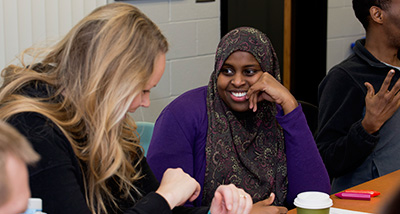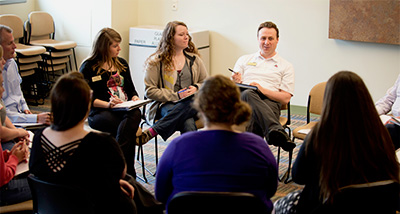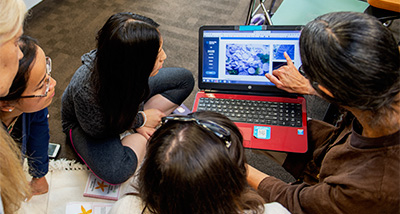

School Psychology
Why Study School Psychology?
Graduate | Education | CEBAH
School Psychology emphasizes collaboration, culturally-responsive practice, leadership development and data-based decision making. School psychologists work with teachers, school administrators, parents, and other mental health professionals to ensure that every child learns in a safe, healthy and supportive environment. They understand school systems, effective teaching and successful learning and help evaluate student and classroom needs and develop systematic interventions when needed. Click here to learn more about school psychologists.
Intended for individuals who want to become outstanding licensed school psychologists and fully accredited by the National Association of School Psychologists (NASP), UWRF's School Psychology graduate program provides the opportunity to earn a Master of Science in Education and an Educational Specialist degree.
Learn more about our Counseling and School Psychology Department at students.uwrf.edu/csp.
Program Details
Key Features
- Flexible and convenient curriculum includes some 100% online courses and many hybrid-style course structures (i.e., mixed online/in-person). Any class meetings start at 4:30 p.m. or later, making the program ideal for those wanting to work during the day.
- Progressive, updated and relevant curriculum. View the complete course sequence on our Current Students page.
- Outstanding job security. 100% of program interns have immediately secured school psychologist positions since 2002.
- Easy access to and from the Twin Cities and many parts of western Wisconsin. The main campus in River Falls is a short 30-minute drive from downtown St. Paul, MN.
- Current students and new graduates benefit from our network of hundreds of school psychology program alumni populating western Wisconsin, the Twin Cities area and many other states/regions.
- Students receive varied and diverse field experiences in urban, suburban and rural schools. View our Values Statement Addressing Diversity at students.uwrf.edu/csp/current-school-psychology-students.
Curriculum
Candidates are eligible for full licensure upon completion of the 34-credit Master of Science in Education (M.S.E.) degree and the 32-credit Educational Specialist (Ed.S.) degree, for a total of 66 graduate credits. Visit our Current Students page to learn more.
Accreditation
The UWRF school psychology program is fully accredited by the National Association of School Psychologists (NASP). Students are prepared with the highest quality nationally approved expectations, including comprehensive coursework and diverse field experiences. Graduates of NASP-approved programs are eligible for certification in Minnesota and Wisconsin and most other states. Graduates of NASP-accredited programs are also eligible for national certification (NCSP).
Frequently Asked Questions and Program Handbook
For all the ins and outs and answers to your burning questions, visit our Current Students page to find our School Psychology Program Handbook or check out our Frequently Asked Questions page. You'll find information ranging from admissions requirements to tuition details to internship guidelines!
Application Process
Learn more about the application process and how to apply at Future Students page.
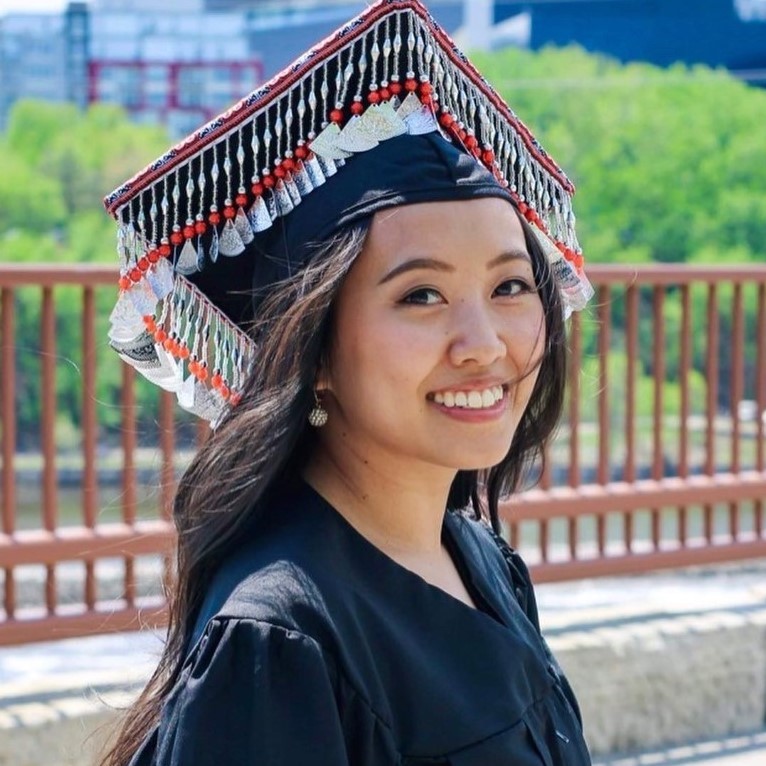
School Psychology
scott.woitaszewski@uwrf.edu // 715-425-3883
Your Degree:
Graduate
Area of Study:
Education
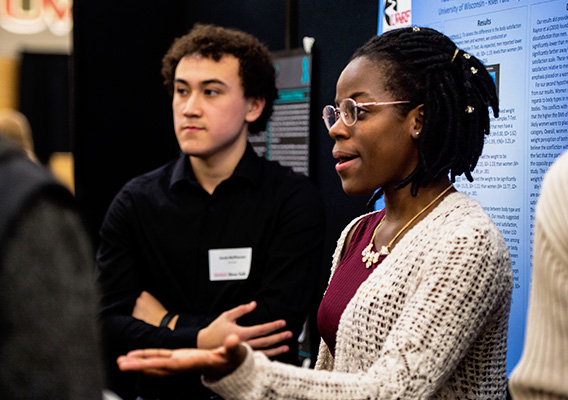
Skills and Learning Outcomes
- Develop a deep understanding of best practices for academic, behavioral and mental health interventions.
- Gain practical tools used for assessments of both student and school-wide challenges.
- Learn to effectively communicate and collaborate with a wide variety of audiences, including parents, teachers and other professionals.
- Cultivate strong skills in data-based decision making, school interventions, consultation, collaborative problem solving and culturally-responsive services.
Types of Courses
- Academic Assessment & Intervention
- Cognitive Assessment
- Diversity, Social and Cultural Issues
- Early Childhood Assessment & Intervention
- Group Counseling
- Legal and Ethical Issues in School Psychology
- School-Based Advocacy & Public Policy
- School Safety & Crisis response
- The Exceptional Child


